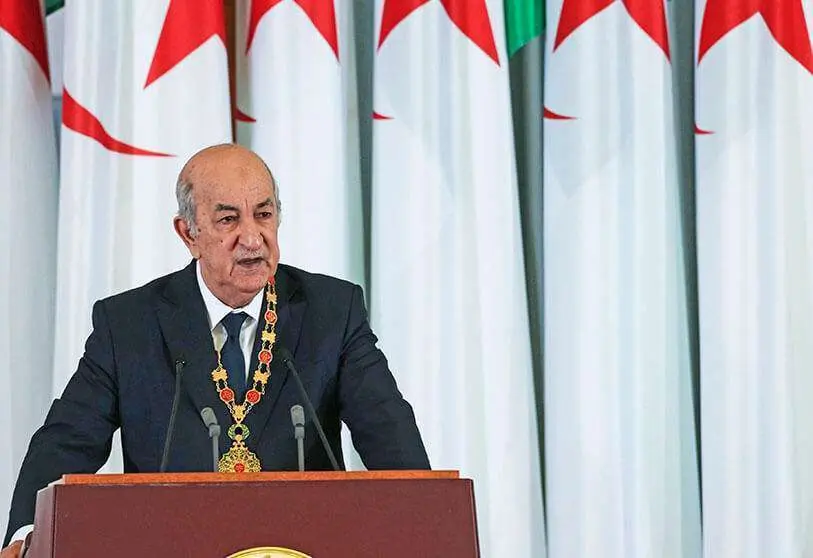New Algerian Constitution: the military under civilian rule

The Algerian President, Abdelmadjid Tebboune, has decided to bring forward a new constitution in Algeria. It is the fifth since the country's independence in 1962; the fourth, adopted in 1996, was reshaped three times during the term of Abdelaziz Bouteflika, who made the Magna Carta an instrument of presidential power frustrated by the preponderance of the military over the judicial building, including the Magna Carta.
With the new Constitution, the civil power is consecrated as the only legitimate representative of the people over the military power, which abused its legitimacy granted by seven years of anti-colonial war, and the other powers of the State, to hold the real power in Algeria.
One of the most important new features of the new Magna Carta, which will have to be discussed and approved by the people and their corresponding legislative bodies, is the creation of the post of Vice-President of the country; this post is intended to shield the role of the head of State and prevent any attempt at a military pronouncement or a white coup against the President. In the event of a presidential vacancy, the vice-president shall assume his functions until the end of the term of office. Only in the event of death shall new presidential elections be called, after an interim period ensured by the vice-president.
The most important novelty, however, is the development of a new military doctrine in line with modernity and the rule of law. As Atalayar announced on 16 January 2020, a review of the military doctrine, including the chapter on interventions outside the country's borders, was being discussed within the Algerian military institution.
According to the new Magna Carta, the Algerian Army will be able to send military units to other countries, within the framework of the United Nations Peace Missions, as well as following bilateral military agreements for the protection and safeguarding of the national sovereignty of friendly and allied countries. Until now, the Algerian Army could only operate within the country's borders, with a few exceptions, such as the Six-Day War in 1967 between Egypt and Israel, and the Yom Kippur War in 1973 between Israel and the Arab front. On other occasions, it has been "special military units commanded by the security services" that have intervened in the fight against terrorism in Lebanon, Mali, Libya or in the case of the war in Western Sahara, with the sending of Algerian troops to Amgala, a town in the Sahara bordering Mauritania, which was involved in two military confrontations with the Moroccan Army.
At the same time, the Algerian army, according to the new Magna Carta, will limit its functions to strictly military and security functions, including the fight against terrorism. President Tebboune seeks to strengthen the professionalisation of the armed forces and to distance officers and senior military personnel from business and politics, which have been the levers of corruption, nepotism and the progressive weakening of the military establishment.
As a corollary to this reorganisation of the state and the Magna Carta, the political power - president and government - and the legislative power - houses of representatives - will reappropriate foreign policy and in particular regional relations in the Maghreb, including the latent conflict with Morocco and the question of Western Sahara, as Atalayar said.

